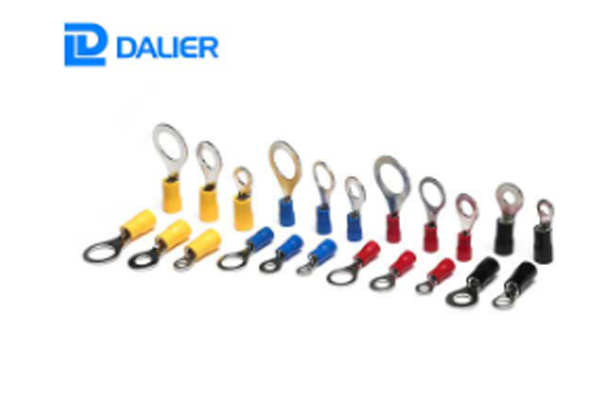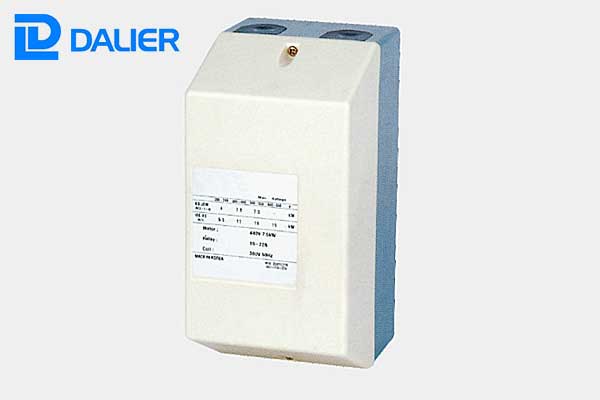What are Cable Lugs?
Cable lugs, also known as cable connectors, crimp terminals, or wire lugs, are essential electrical accessories used to securely connect cables to electrical devices, switchgear, distribution boards, transformers, or other electrical equipment.
A cable lug is typically made of conductive metals such as copper, aluminum, or bimetal. One end is used to insert and fix the cable conductor—by crimping, soldering, or bolting—while the other end features a hole or flat connection area for bolted attachment to terminals or busbars.
Role of Electrical Cable Lugs
Cable lugs play a critical role in both electrical safety and performance. Their main functions include:
1. Reliable Electrical Conductivity
They ensure minimal contact resistance between the conductor and terminal, reducing power loss, overheating, and voltage drop.
2. Mechanical Support
Cable lugs act as a strain relief to absorb mechanical stress, vibration, and bending forces, preventing conductor breakage.
3. Standardized Connection Interface
Lugs are available in standardized sizes and hole diameters, ensuring compatibility with a wide range of terminals and busbars.
4. Corrosion Resistance
Many cable lugs are tin-plated or nickel-plated to resist oxidation, ensuring long-lasting conductivity.
5. Safety and Maintenance
Using cable lugs makes wiring neater, safer, and easier to inspect or replace during maintenance.
Types of Cable Lugs
Cable lugs can be categorized by material, terminal shape, and connection method.
1. By Material
Copper Cable Lugs: Made from high-conductivity copper, often tin-plated for corrosion resistance. Ideal for high-current and critical applications.
Aluminum Cable Lugs: Lightweight and cost-effective, suitable for aluminum conductors. Special surface treatment prevents oxidation.
Bimetallic Cable Lugs: Combine aluminum (for the cable side) and copper (for the terminal side) to prevent galvanic corrosion in mixed-metal systems.
2. By Terminal Shape
Ring Type (O-type) – Circular terminal hole for bolted connections; most common.
Fork Type (U-type) – Allows easy installation without fully removing the bolt.
Pin / Spade / Blade Type – Designed for plug-in or flat terminal connections.
Through Type – Used for straight busbar or inline connections.
3. By Connection Method
Crimp / Compression Lugs
The most common type; cables are inserted and crimped using hydraulic or mechanical crimping tools for a strong, gas-tight connection.
Soldered Lugs
Provide excellent conductivity but require skilled installation and are less flexible for field use.
Mechanical / Shear-Bolt Lugs
Use bolts to clamp the conductor. Shear-bolt types ensure consistent torque and reliable compression without special tools.
Applications of Cable Lugs
Cable lugs are widely used in scenarios where reliable electrical connections are critical:
Copper Conductor Termination: Most types are dedicated to ending or extending copper wires in industrial machinery, power grids, and household electrical systems.
Battery Systems: The SC-type copper tube lug is specifically designed for battery-related applications, such as connecting batteries to inverters or vehicles.
High-Voltage Environments: UL-listed one-hole long barrel lugs are suitable for high-voltage power transmission and distribution equipment, ensuring compliance with safety standards.
Dalier Cable Lugs
If you are looking for a professional cable lug supplier, Dalier Electrical is a trusted manufacturer that specializes in high-quality copper terminals and cable lugs. Dalier offers a wide range of cable lug solutions suitable for various electrical applications.
Key Features of Dalier Cable Lugs
Wide Product Range: Dalier provides multiple types of copper and crimp cable lugs, including tube-type, ring-type, and bolt-type terminals for diverse needs.
Premium Materials: Made from high-purity electrolytic copper for excellent electrical conductivity and durability.
Surface Treatment: Many lugs are tin-plated for superior corrosion resistance and longer service life, ideal for harsh environments.
Customization & OEM Support: Dalier can customize sizes, hole diameters, and designs according to project specifications, supporting both standard and bespoke orders.
Quality Assurance: Dalier emphasizes strict quality control in production to ensure stable performance and secure electrical connections.
Conclusion
Cable lugs are critical components in electrical systems that ensure reliable power transmission and safe terminations. For quality, durability, and professional support, Dalier Cable Lugs offer a dependable solution for modern electrical applications.





